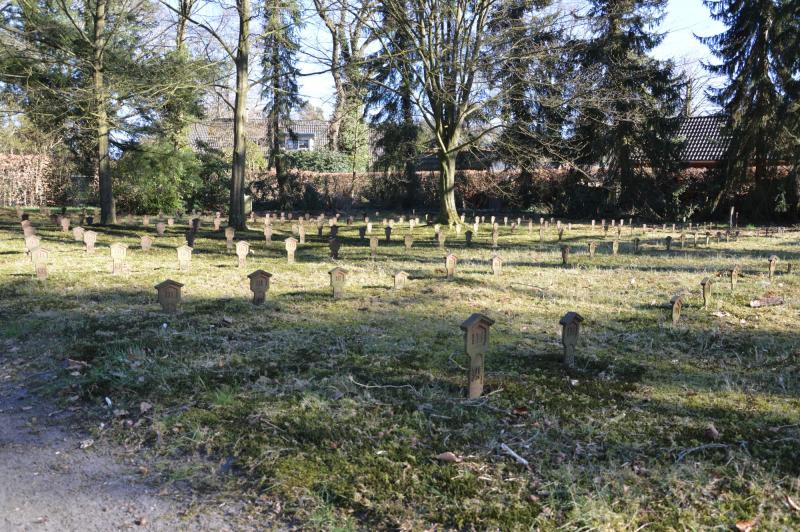For the migration special of 'the low countries', journalists Michiel Leen and Ken Lambeets took a road trip through the Netherlands in search of what remains of Belgian refugee camps.
"Two hundred and fifty stone crosses stick out above the freshly mown lawn. They are graves of Belgian children who died in the Nunspeet camp from numerous contagious diseases, such as a measles epidemic. The place impresses, all the more so in times of geopolitical tensions and massive refugee flows."
Based on extensive literature and archive research (including in newspaper archives and the Acts of the Dutch States General), Leen and Lambeets reconstruct how the refugee camps came about and were organised, the conditions in which the Belgian refugees lived there and why certain camps closed before the end of the war.
They also ask what the Belgian refugees ultimately meant for the reception of refugees in the Netherlands.
Afghans and Ukrainians
Finally, the journalists examined how war refugees in the Netherlands fare today. "A crying baby could keep the whole tent awake at night," says Abdullah, who ended up in emergency shelter with his family in a forest near Nijmegen after the Taliban took power in August 2021.
"But the group of refugees most similar to the Belgians are the Ukrainians today," says Leo Lucassen, director of the International Institute of Social History in Amsterdam.
